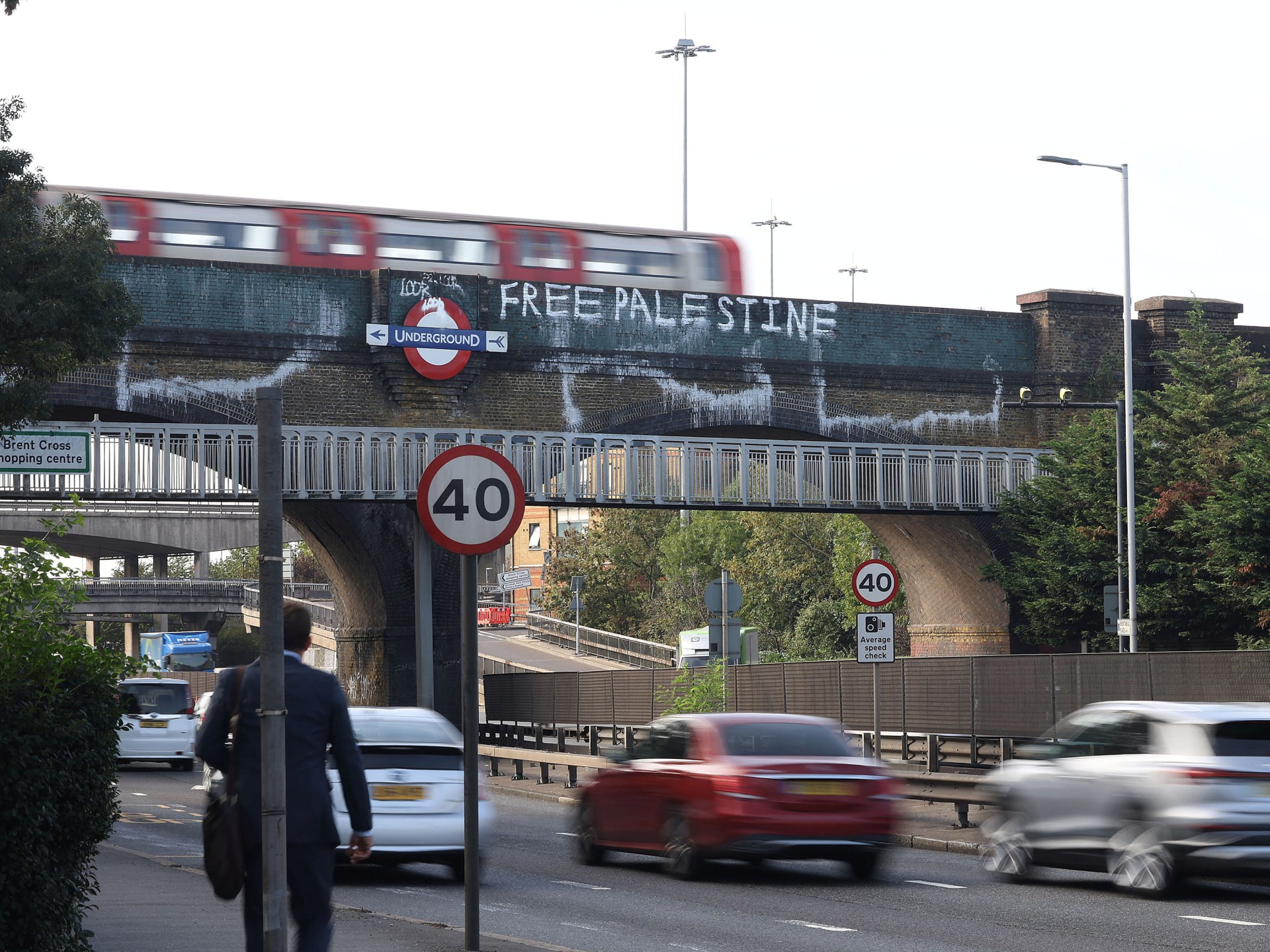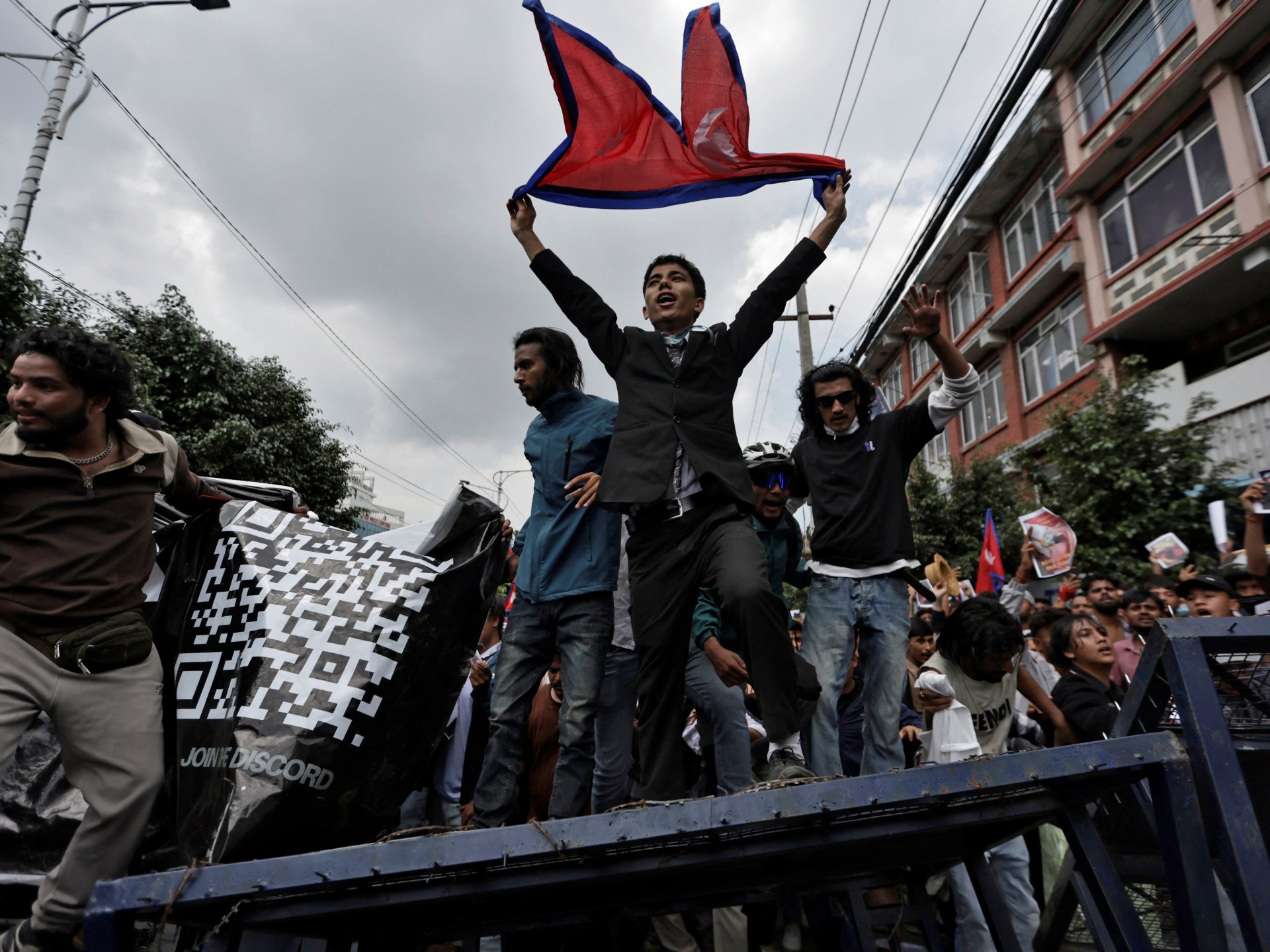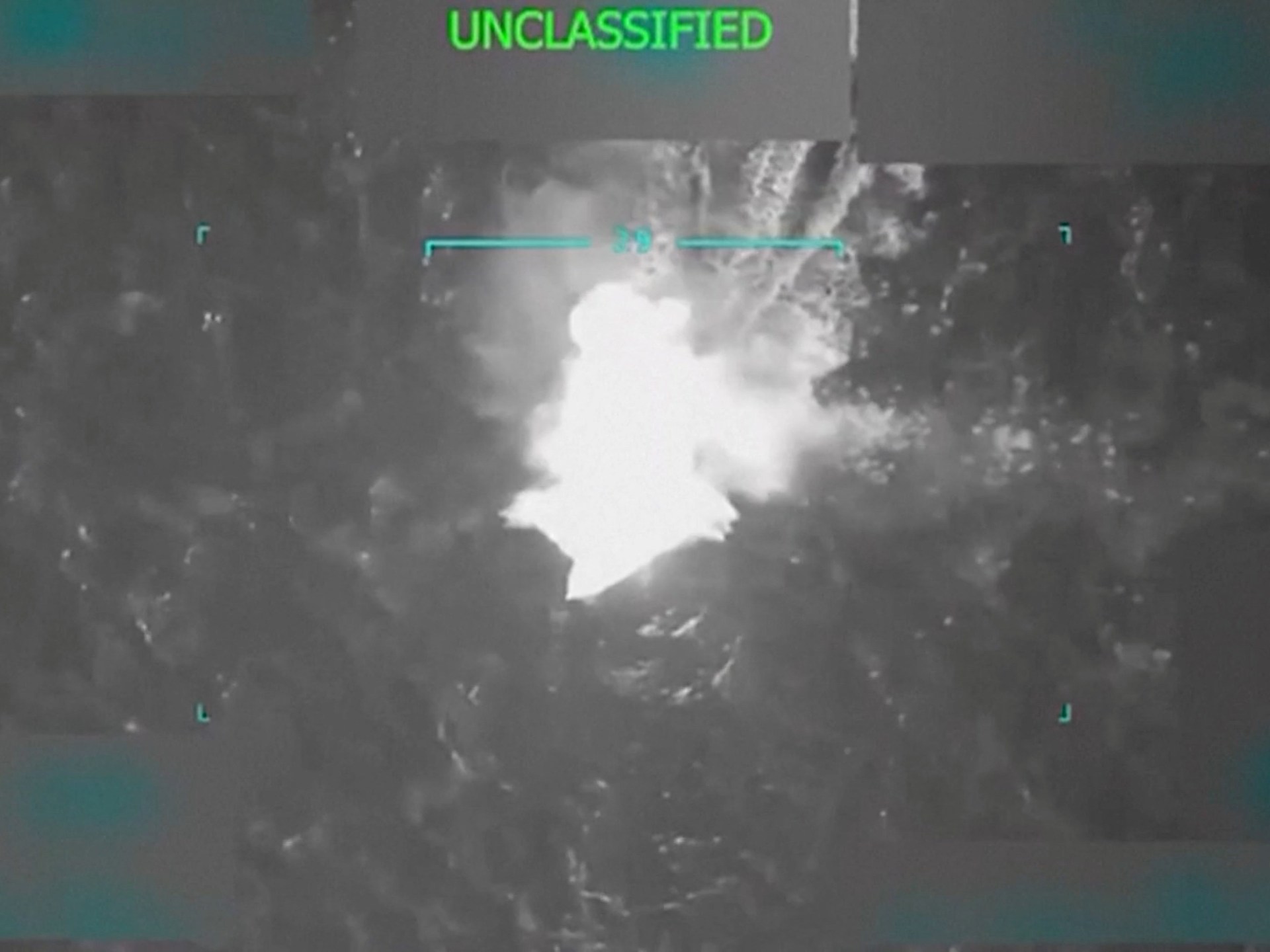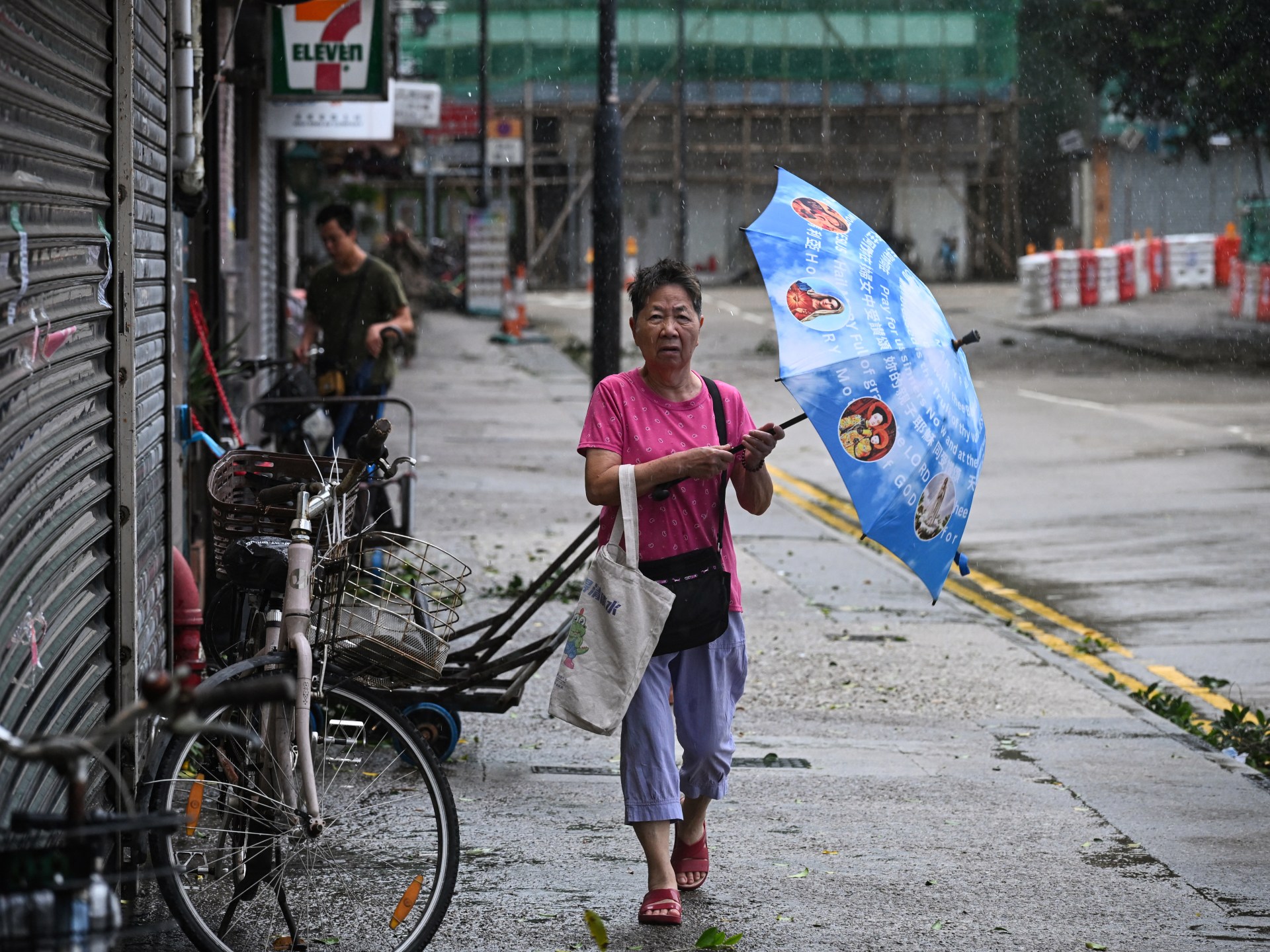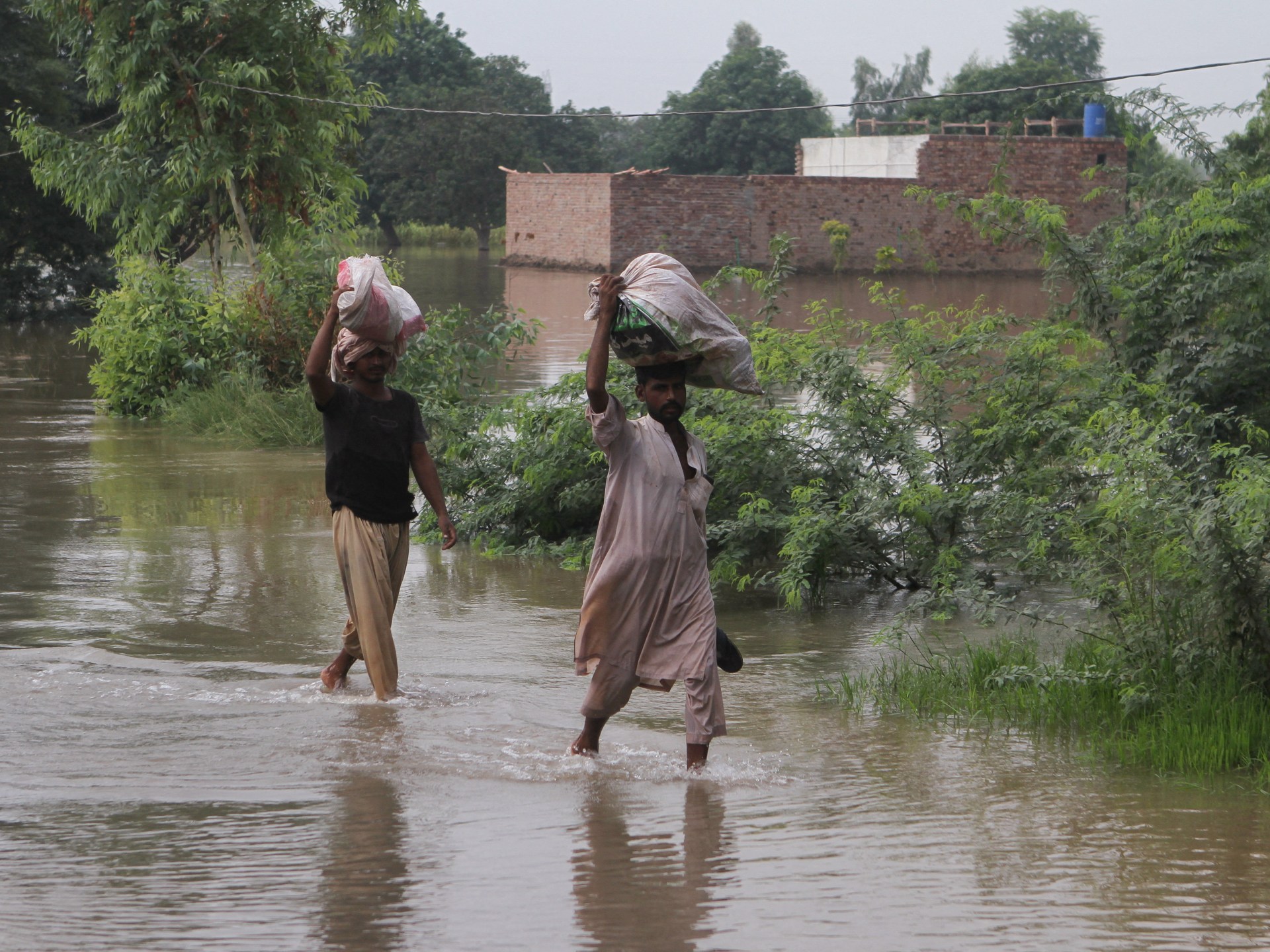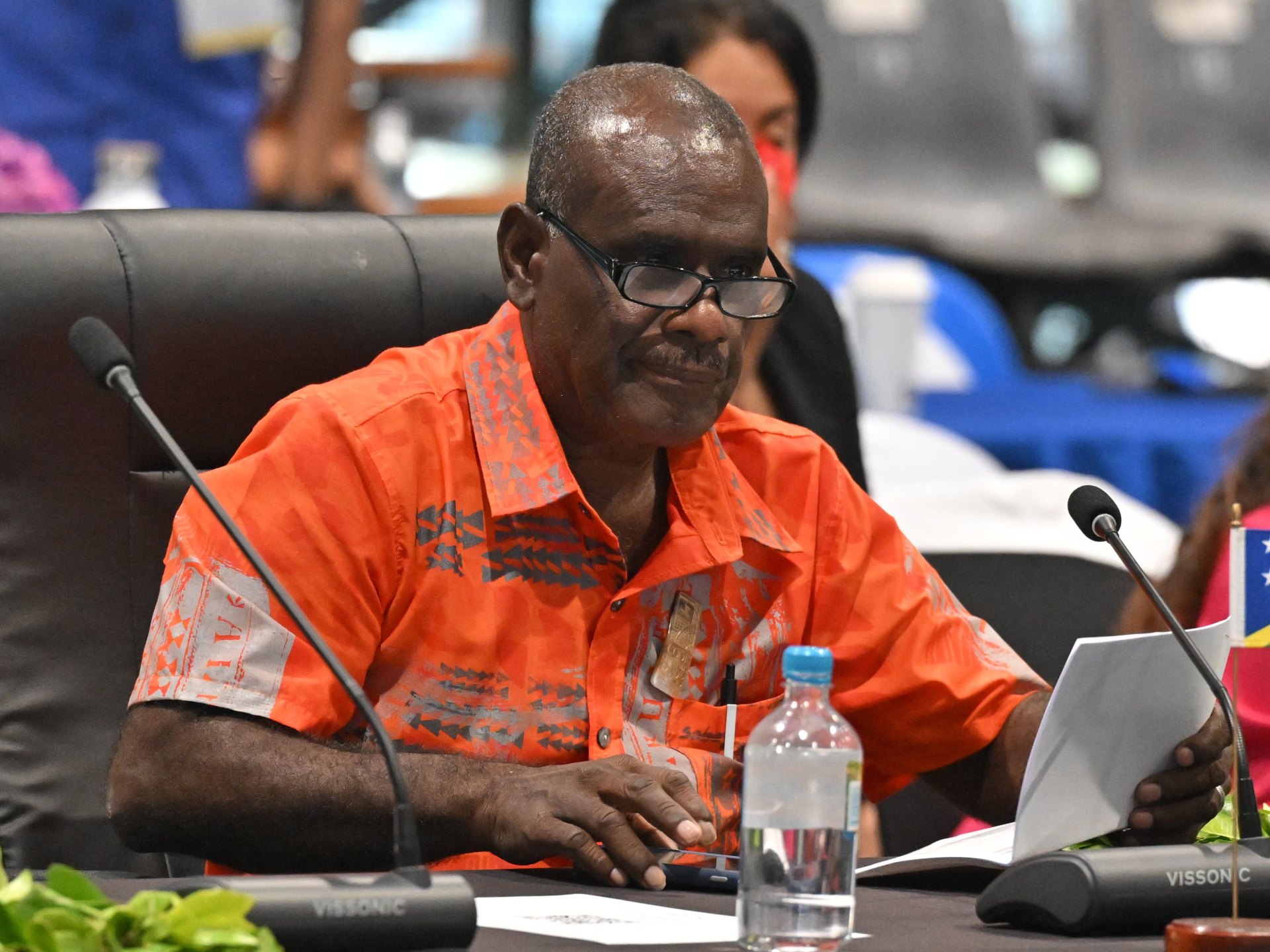At least 14 people were killed in clashes with security forces after thousands of young people in Nepal took to the streets on Monday to protest against corruption and a government ban on social media websites.
A curfew was imposed in parts of Kathmandu after protesters entered the Parliament building in the capital and faced off against the police.
Here is what prompted the demonstration, dubbed the Gen Z protest, and what is the latest on the ground.
When did the protest begin in Nepal?
The protest began at 9am (03:15 GMT) on Monday.
Where are the protesters marching?
The protesters gathered in Maitighar, a neighbourhood in Kathmandu. It includes a busy road intersection, featuring the Maitighar Mandala monument — one of the city’s most iconic landmarks.
What’s happening in the Gen Z protest?
Aayush Basyal, a 27-year-old master’s student in Kathmandu who was present at the protest site, said the demonstration was “unprecedented with the number of attendees”.
However, Basyal added that as the protest progressed, “mobs of physically well-built guys came on their loud motorcycles through the crowd to create a sense of chaos”. It is this set of people, he said, that broke through the barricades to enter Parliament. Al Jazeera could not independently verify this claim.
Basyal said there was extensive participation from school and college students, some in their uniforms. “Surprisingly, I did not see any affiliation related to any political parties,” he said.
What is behind Nepal’s Gen Z protest?
Growing dissatisfaction among the youth with corruption in the country materialised into the demonstration on Monday.
Basyal said the protests were fuelled by incidents of corruption in recent years “that get regularly talked about in public, in Parliament, but never seem to reach a fair conclusion”.
These include a 2017 Airbus deal, in which Nepal Airlines bought two A330 wide-body jets. A five-year-long inquiry, conducted by the Commission for the Investigation of Abuse of Authority (CIAA), a watchdog appointed under the country’s constitution, revealed last year that the deal led to a loss of 1.47 billion rupees ($10.4m) to the exchequer. Several top officials were convicted of corruption following the inquiry.
Protests in Sri Lanka and Bangladesh — which led to the removal of governments in the South Asian countries in 2022 and 2024, respectively — served as inspirations, Basyal said. In the Philippines, images of children of public figures enjoying lavish lifestyles have also drawn social media criticism recently. That also motivated protests in the Himalayan nation, Basyal added, as videos emerged on TikTok showing children of Nepalese politicians living lives of luxury in a country where the per capita income is $1,300 a year.
Ankit Bhandari, a 23-year-old student in Kathmandu who was present at the protest site, told Al Jazeera that the protest seemed to stem from the “frustration of having to pay tax” with no “proper documentation” of how it was being utilised.
The government’s September 4 announcement that it was blocking several social media platforms, including Facebook, added to the anger.
“The protests are fuelled by the frustration of youth and their disbelief in authority, as they feel sidelined from decision-making,” Yog Raj Lamichhane, an assistant professor at the School of Business in Nepal’s Pokhara University, told Al Jazeera.
“While the recent ban on social media platforms has added fuel to the unrest, the grievances extend far deeper, rooted in longstanding neglect and the silencing of youth voices.”
Hami Nepal, a nonprofit organisation that began as a youth movement in 2015, organised Monday’s protest. According to the Kathmandu District Administration Office, the organisation had secured approval for it.
“At the core of their demands lies a call for the rule of law, where fairness, accountability, and justice prevail over favouritism and corruption,” Lamichhane said.
The government blocked 26 social media platforms, including WhatsApp, Facebook, Instagram, LinkedIn and YouTube.
The ban came into effect after one week was given to these social media websites to register with the Nepali government. The websites had until September 3 to register with the Ministry of Communications and Information Technology.
To avoid being shut down in the country, the websites had to name a local contact, a grievance handler and a person responsible for self-regulation.
A day after the deadline, the government issued a directive to the regulator, Nepal Telecommunications Authority (NTA), to shut down the websites that did not comply. An unnamed ministry official told the Reuters news agency that some platforms, including TikTok, Viber, and WeTalk, had registered with the government.
According to the government, users with fake IDs on these platforms are committing malicious acts and cybercrime, disrupting social harmony. About 90 percent of Nepal’s 30 million people use the internet, according to a 2021 NTA report.
As of 2021, about 7.5 percent of Nepal’s population was living abroad, reliant on platforms such as Meta’s Messenger to communicate with families back home. Many Nepalis have switched to Viber to communicate with their families and friends who are working abroad as migrant workers.
“It was abrupt,” and in a country with a large population overseas, was “frustrating,” Basyal said.
What is the latest on the ground?
The Kathmandu District Administration Office imposed a curfew in and around the New Baneshwor area, some 3km (about 2 miles) from Maitighar.
This happened after some protesters broke barricades set up by the police and entered the Parliament premises in New Baneshwor.
The curfew order, signed by Chief District Officer Chhabilal Rijal, bars gatherings in and around the area effective 12:30pm (06:45 GMT) to 10pm (16:15 GMT) on Monday.
The curfew was extended to other areas of Kathmandu, including the presidential residence — known as Rastrapati Bhawan or Shital Niwas — and the vice president’s residence in Lainchaur. The president’s residence is 6.3km (3.9 miles) from Maitighar, while the vice president’s residence is about 4.3km (2.7 miles) from the original protest location.
Police used tear gas and water cannon on the protesters. The demonstrators hit back with tree branches and water bottles, local media reported. According to a message on NGO Hami Nepal’s communication channel, authorities fired rubber bullets at the protesters.
Basyal said he “saw people get hit with rubber bullets, and were bleeding, being carried to the ambulances”. He said tear gas and water cannon were used to disperse protesters.
Fourteen people were killed after the police opened fire on the protesters. The deceased have not been identified. The Kathmandu Post reported that they succumbed to their injuries while receiving treatment at Civil Hospital and National Trauma Centre.
Local news outlets also reported that dozens of protesters were injured in the firing and were receiving treatment in different hospitals in Kathmandu, including Civil Hospital and Everest Hospital.
